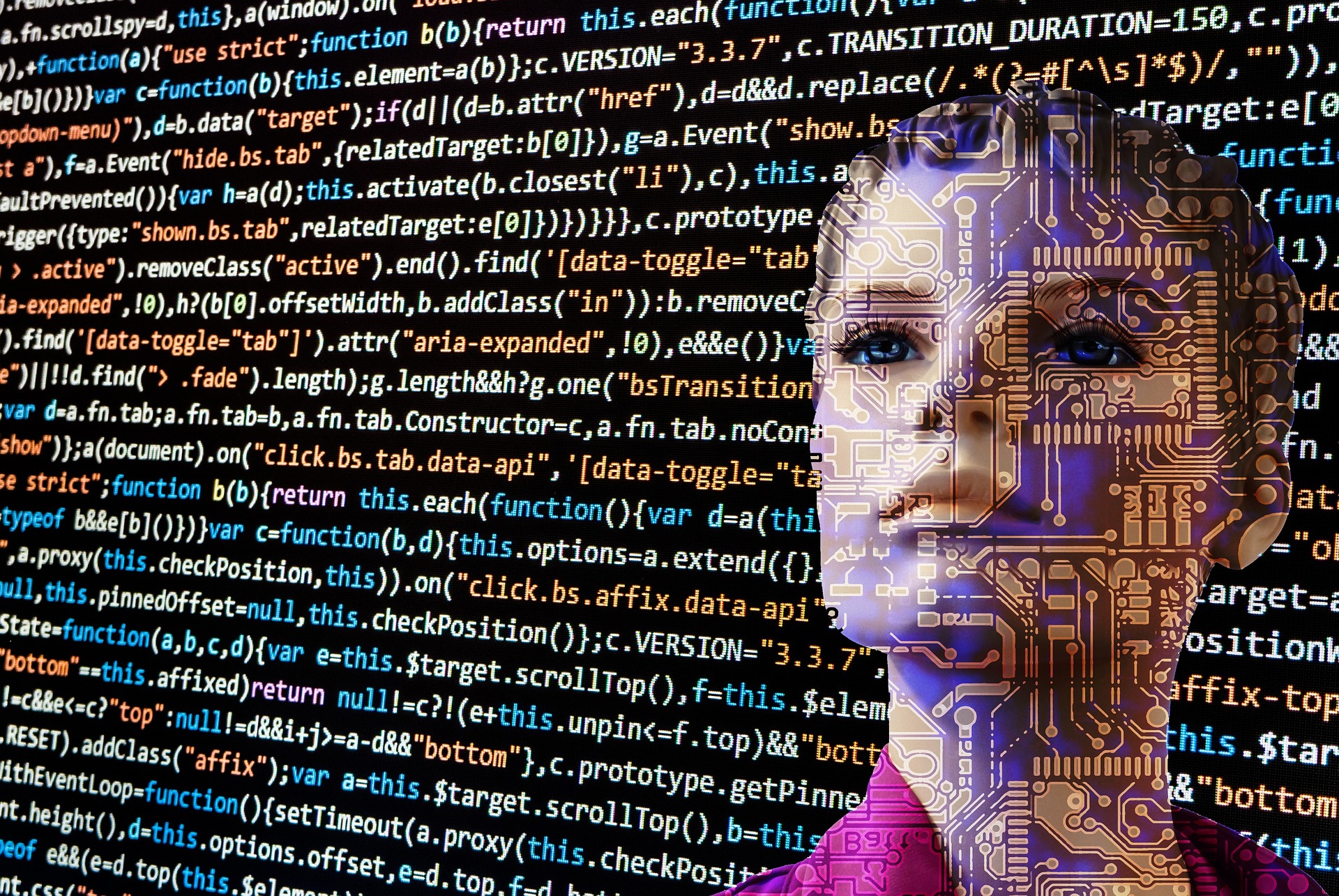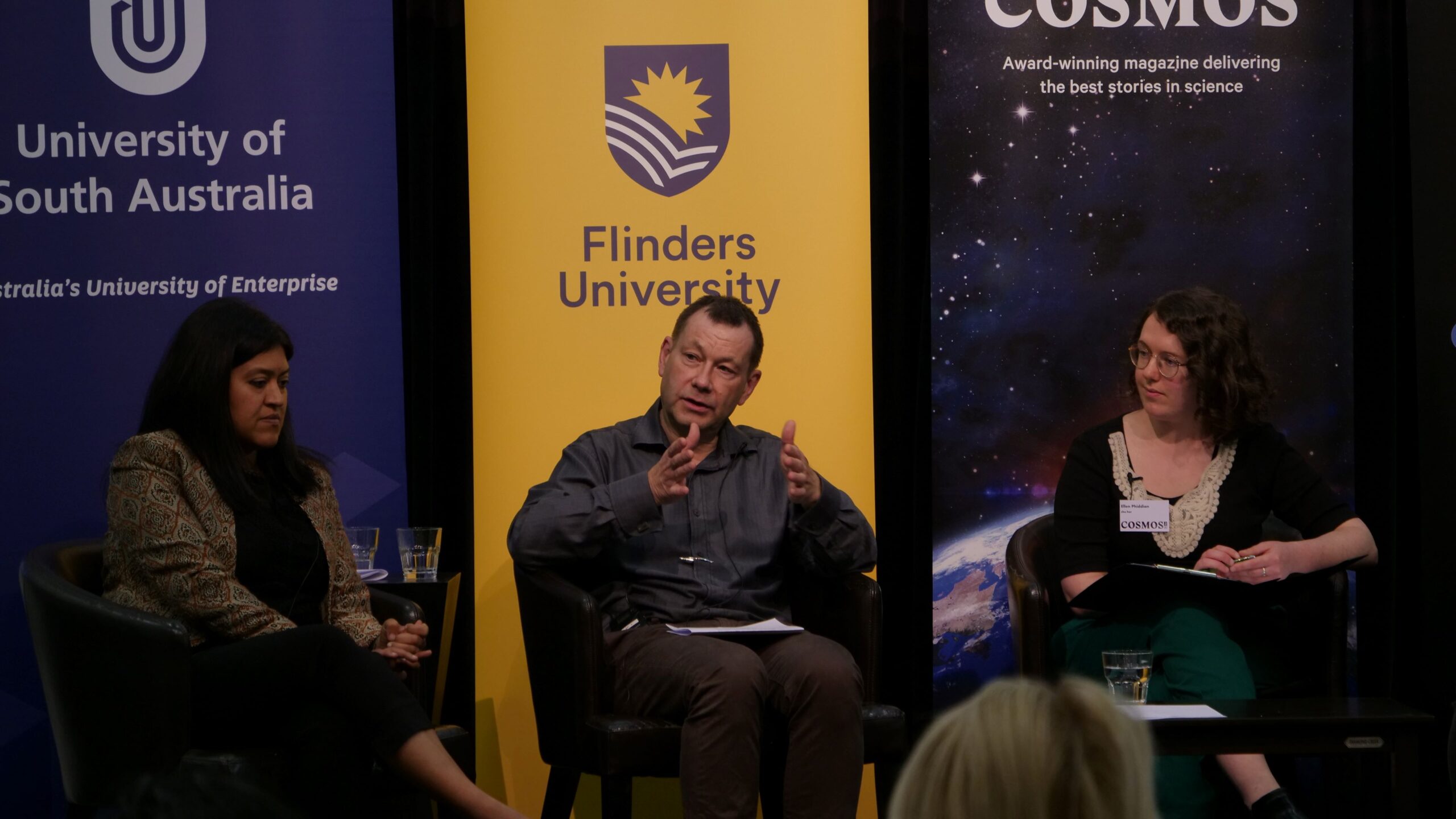
A Flinders University researcher delving into the future workplace asks why we think of robots rather than computers when we consider who will take over jobs of the future.
Dr Andreas Cebulla, Associate Professor in the Future of Work at Flinders University at Tonsley, told this month’s Cosmos Science City forum that perceptions of the latest robot revolution resembles what many people thought computers would do when they first began.
“Many people worried that computers would take their jobs, and that’s now how people are thinking about the latest robot revolution,” says Associate Professor Cebulla, from the Australian Industrial Transformation Institute at the Tonsley Innovation District.
“While nuclear war once pervaded the public consciousness, now we are more likely to consider climate change or AI robots the bringer of humanity doom.
“Computers were always seen as something that you use. But the robot was always there to do something for you.

“Robots were put in place to take on the task of a human. And the next generation of robots will be the ones that are telling you what to do.”
Associate Professor Cebulla told the ‘Jobs of the Future’ lunchtime seminar that as a society we’ve decided what jobs are worthwhile, and which ones are of low value – despite some of those ‘low value’ jobs being the hardest for technology to take over.
He notes that we have changed the way we perceive computers.
“In the 1990s, when consumer versions arrived, everyone could get access to them and businesses were beginning to use them, and there were similar concerns then there are with robots today.
“Computers were these massive things in the past and there were only a few of them around. Then everyone ended up having them.
“If something similar were to happen with robots – if we all ended up having them in our home, would we be less worried about them taking our jobs as well?”
He says consultation and collaboration is important in managing AI, robotics and other technologies in the workplace.
“It’s up to the individual to decide what they want to do with the technology,” because technology like robots can be used in multiple ways.
“So if you’re running a business and you want to know whether the technology is good […] for the workers, the only way to find out is to consult.”
More perspectives at the Cosmos Science City ‘Future of Work’ seminar, presented to a live audience at The Science Exchange in the CBD, includes an introduction by the Federal Minister for Skills and Training Brendan O’Connor (watch below).

